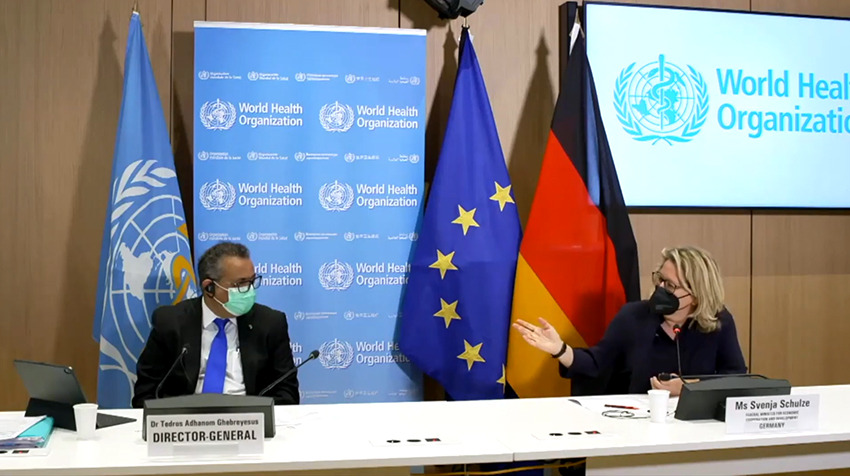Why the MDGs mattered and why the SDGs will do so too
Yes, it is true: neither have the MDGs been designed in a setting of full democratic transparency, nor will they all be met by the end of this year, the official deadline. Progress towards some of the goals has been considerable, however, and the MDGs have been meaningful in two other important ways:
- - In rich countries, they kept international development on the public agenda in spite of the massive financial crisis that started in the USA and then rocked the EU especially hard.
- - The MDGs shifted attention from mere economic growth to human needs, so developing countries are no longer only assessed by their BIP but also by the effectiveness of their health-care and education systems.
The MDGs' strongest point was their hidden agenda. All of the first seven goals focused on health and education issues. Any step towards them meant expanding essential social infrastructure.
This agenda, moreover, was phrased in a way that no one could oppose. After all, no one could argue for more maternal mortality or for the spread of malaria, for example, and everybody will agree that sending all children to primary school is important. Accordingly, the MDGs were adopted unanimously at the Millennium Summit in New York in 2000.
Today, India's assertive Prime Minister Narendra Modi, who belongs to a Hindu-chauvinist party and wants his country to be seen as a world power, is publicly and repeatedly reiterating that building toilets has priority over temples. I doubt he would be saying that if the MDGs had not put sanitation firmly on the global agenda.
Some nations – like Sweden – are great because they are socially inclusive and offer the vast majority of their citizens ample opportunities. That, however, is normally not the kind of greatness leaders like Modi aspire to. Most of the time, they believe that a great nation is one that is able to bully other countries around. This is a topic I plan to write more about sometime in the future. At this point, I only want to stress that Modi's emphasis on toilets is good for India.
Unlike the MDGs, the SDGs were defined in a long process that involved civil society as well as national governments. As far as I can tell, they lack the kind of hidden agenda that made the MDGs strong. That kind of trick can probably only be pulled off once, however, and it matters more that the momentum of the MDGs is not lost. The SDGs are up to that task.
It is most welcome, moreover, that the SDGs will be a truly global agenda, demanding change not only in under-developed countries, but in over-developed ones as well. No, the model of North America's and Western Europe's consumer societies cannot be replicated all over the world. It is plainly unsustainable. Rich countries must change their ways for the global good.
Raising that demand is obviously easier than making it come true. The SDG agenda, in itself, will not be enough. Much more needs to happen, and huge political challenges must be dealt with. The SDGs are likely to prove useful in that context. As with the MDGs, their most important implication is probably that economic growth is not everything, but needs to serve a developmental purpose.
This message is important. Yes, an agenda of 17 SDGs and 169 targets looks a bit bloated, but focus is not what matters most in this context. What matters is that the general thrust is sound, and it is.











